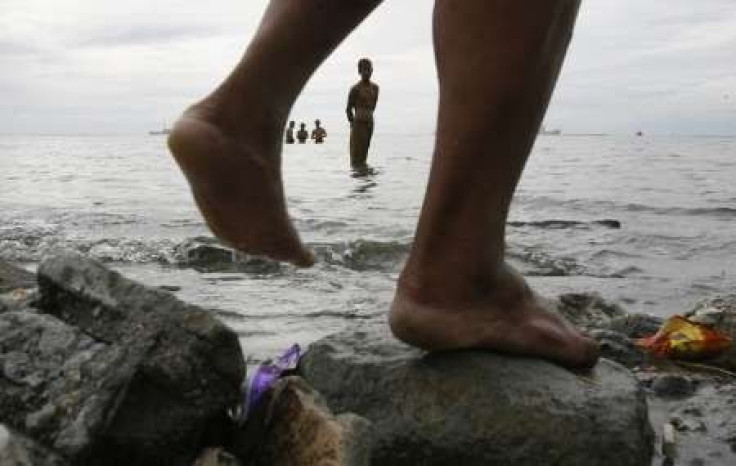Beijing asks US to back off in South China Sea dispute

China has asked the US not to interfere in the mounting tensions developing between Beijing, Hanoi and three other Southeast Asian governments over the South China Sea.
Beijing addressed a US Senate resolution, passed yesterday, in which the United States pledged to solve the dispute through multilateral efforts.
The disputes should be resolved through direct negotiations between the countries involved, Hong Lei, Chinese Foreign Ministry spokesperson told China's state-owned news agency Xinhua.
This week, the United States plans to hold a joint navy drill in the South China Sea with the Philippines.
Although the long-embattled Spratly Islands are just off the Filipino coast, Manila has been one of the quieter characters in the five-nation dispute for the natural resource-rich water space.
This may represent the beginning of another chapter in the escalating face-off between China and a Southeast Asian neighbor.
Earlier this week, things were looking up in what has threatened to become and armed conflict.
Vietnam and China have seen a breakthrough in their escalating tensions over the South China Sea.
At one point the imbroglio threatened to break out into armed conflict.
But the two Communist nations just finished a two-day joint navy patrol in the Gulf of Tonkin, including a port call to China.
While the dispute over the South China sea has raged on for roughly three decades, the more recent face-off started late last month, when Chinese ships cut the cords on PetroVietnam's survey ships, which was surveying the South China Sea for oil. In a subsequent attack on June 9, a Chinese vessel cut cords on another PetroVietnam ship, in what Vietnamese Foreign Minister Nguyen Phuong Nga said was a premeditated offensive.
Both countries believe that the other's presence in the South China Sea is an impediment to their national sovereignty.
Why are they after a small piece of water space?
Some Chinese sources estimate the South China Sea holds over 200 billion barrels of oil, roughly 80 percent of Saudi Arabia's total oil reserves, but others say that's an extreme exaggeration.
The sea is also believed to be rich in natural gases and is one of the busiest shipping routes in the world.
Talks are still underway, but analysts believe that the recent naval patrol represents a gesture -- on the part of both Beijing and Hanoi -- to ease tensions and avoid what could be a costly armed conflict.
© Copyright IBTimes 2024. All rights reserved.











